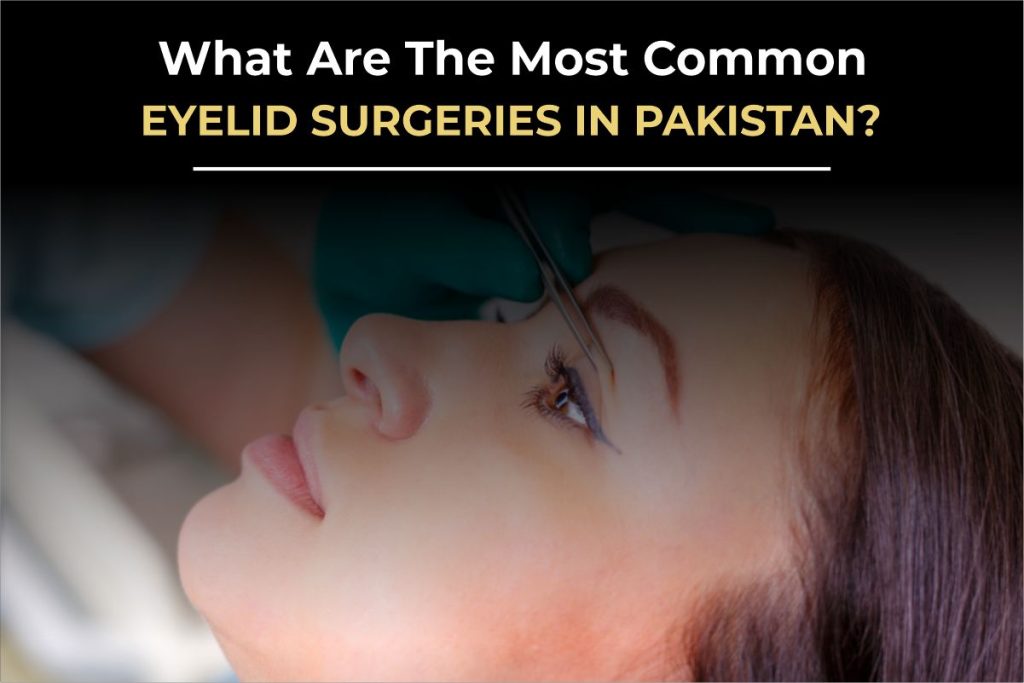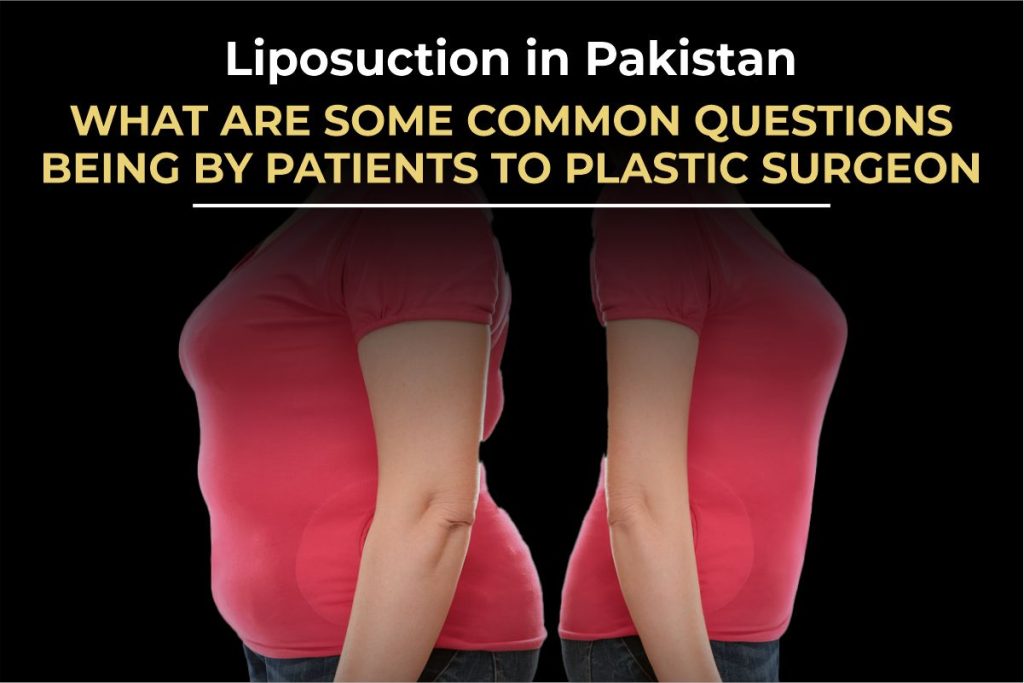In today’s image-conscious world, cosmetic surgery, especially breast surgery, continues to gain attention as women look for ways to feel more confident and comfortable in their own skin. Whether it’s enhancing what nature gave, reversing the effects of aging, or restoring shape after weight loss or pregnancy, breast surgery has become one of the most sought-after procedures, and it’s more advanced and accessible than ever before.
In this blog, we’re going to walk through some of the most commonly asked questions about breast surgery, to help you understand what the procedure involves, what to expect, and how to make informed choices. Let’s start with the question that begins almost every consultation.
Why Do Women Choose to Undergo Breast Surgery?
Every woman has her own reason. Some want to increase their cup size to match their body proportions better. Others are looking to restore breast volume that was lost due to breastfeeding or significant weight loss. For some, it’s about correcting uneven breast size or lifting sagging tissue that naturally occurs over time.
Then there are women who’ve undergone mastectomy or injury and seek breast reconstruction to restore what was lost. No matter the reason, the goal is nearly always the same: to feel better in your body, not just in how it looks, but how it feels emotionally.
Is Breast Surgery Safe?
This is often the first concern, and rightly so.
Breast surgery, when performed by a qualified and experienced plastic surgeon, is considered to be safe. Like any surgery, it does carry certain risks, including infection, bleeding, or complications related to anesthesia. However, these risks are minimal when the procedure is done in a clean, accredited facility by a professional who has expertise in cosmetic breast procedures.
One of the most common risks associated with implants is something called capsular contracture, where scar tissue forms around the implant and causes discomfort or distortion. But again, with proper surgical planning and aftercare, this risk can be managed effectively.
What Are the Different Types of Breast Surgeries?
Breast surgery is not just one procedure, it’s a wide category of treatments tailored to different needs. Breast augmentation, often done with implants, is used to enhance breast size and shape. A breast lift is designed to raise and reshape sagging breasts without necessarily changing their volume.
For women experiencing discomfort from overly large breasts, breast reduction surgery can relieve strain on the back, neck, and shoulders. And finally, breast reconstruction helps women rebuild their breast profile after cancer treatment or trauma. There’s also revision surgery, a procedure meant to correct or improve results from a previous breast operation.
Should I Choose Silicone or Saline Implants?
Both types have their own advantages, and the decision usually depends on personal preference and anatomy. Silicone implants are filled with a soft, cohesive gel that closely mimics the feel of natural breast tissue. They are less likely to ripple and are often preferred for a more natural-looking result.
On the other hand, saline implants are filled with sterile saltwater. They’re slightly firmer and can be adjusted in size during surgery, making them ideal for certain cases. If a saline implant leaks, the body safely absorbs the fluid, and the change is immediately noticeable, which makes it easy to detect a rupture.
Your surgeon will guide you through the pros and cons based on your body and desired outcome.
Will Breast Surgery Affect My Ability to Breastfeed?
This is a very common concern, especially among younger women who may want children in the future. The short answer is: in most cases, no, breast augmentation doesn’t interfere with breastfeeding. Especially when implants are placed under the chest muscle, the milk ducts and glands remain untouched.
However, surgeries like breast reduction or lifts may impact milk production depending on the amount of tissue removed and how the procedure is performed. That’s why it’s important to inform your surgeon about your plans for future breastfeeding, so the surgical approach can be adjusted accordingly.
How Long Will It Take Me to Recover?
Recovery times vary depending on the type of surgery, your overall health, and how well you follow post-operative instructions. Most women who undergo breast augmentation can return to non-strenuous work within a few days, although complete recovery usually takes four to six weeks.
A breast lift or reduction might require slightly more downtime due to the nature of the tissue adjustment. You’ll likely wear a surgical bra for support, avoid heavy lifting, and be asked to sleep on your back during the healing period. Swelling and bruising are normal at first, but they subside with time, and full results become more visible as your body settles.
Are Scars Permanent?
Yes, but that doesn’t mean they’ll be obvious.
An experienced surgeon will use discreet incision patterns designed to minimize visible scarring. These are typically placed under the breast crease, around the areola, or along natural skin folds. With proper aftercare, the scars fade over time and often become barely noticeable. In some cases, laser treatments or topical products can be used post-surgery to enhance scar healing.
Do Breast Implants Need to Be Replaced Every 10 Years?
Not always. This is a common myth. Breast implants are not lifetime devices, but they also don’t have an automatic expiration date. Many women live comfortably with their implants for 15 or even 20 years without any issues.
However, it is recommended to have periodic check-ups, and after about 10 years, imaging tests such as an ultrasound or MRI may be advised to assess the implant condition. If there are no complications and you’re happy with the look and feel, there’s no medical reason to replace them.
Am I the Right Candidate for Breast Surgery?
A good candidate is someone who is in overall good health, has realistic expectations, and is doing the surgery for themselves, not to meet anyone else’s standards. Smokers may need to quit before and after surgery to ensure proper healing. Emotional readiness is just as important as physical health, especially when undergoing cosmetic changes.
If you’re considering breast surgery, a detailed consultation is key. Your surgeon will evaluate your goals, lifestyle, anatomy, and guide you toward the best option, whether it’s implants, a lift, reduction, or combination of procedures.
Final Thoughts, Ask the Right Questions, Get the Right Results
Breast surgery is a personal journey. It’s not just about aesthetics, it’s about how you feel in your skin. And while the procedure itself might last a few hours, the impact it can have on your confidence can last a lifetime.
Ask questions. Do your research. And most importantly, choose a qualified, experienced plastic surgeon who prioritizes your safety and satisfaction above all else.





